Don't bother having a baseball season
Why should players and staff risk their health to play this year? And why should we demand it of them?

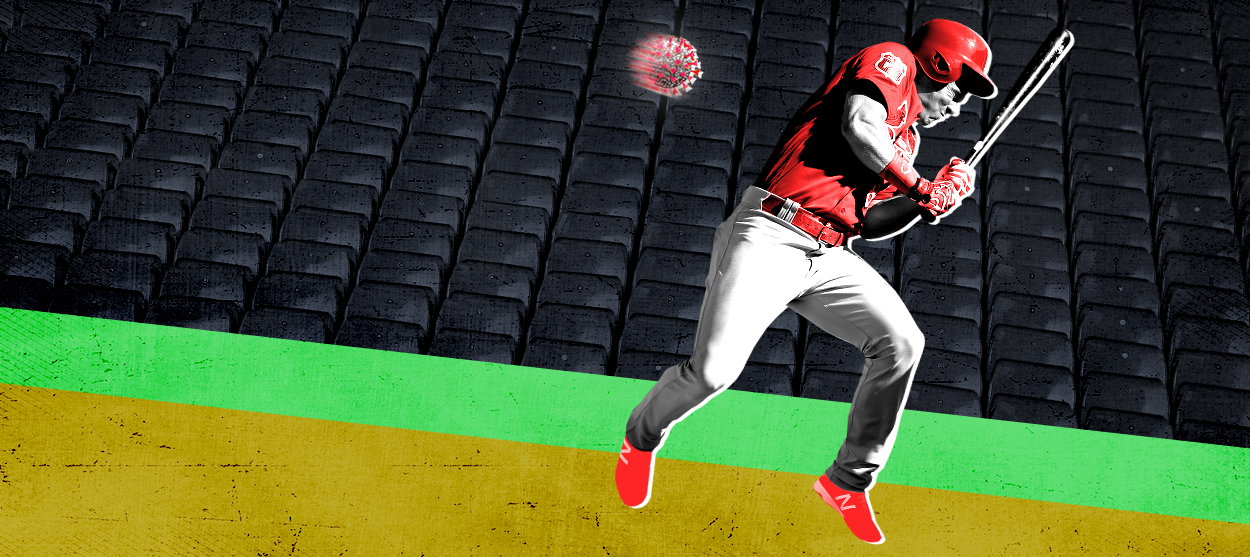
A free daily email with the biggest news stories of the day – and the best features from TheWeek.com
You are now subscribed
Your newsletter sign-up was successful
In mid-May, Tampa Bay Rays pitcher Blake Snell started an uproar with comments he made about a potential COVID-shortened 2020 Major League Baseball season. "For me to take a pay cut is not happening, because the risk is through the roof... it's a shorter season, less pay… I gotta get my money," he said on a live Twitch feed. The former Cy Young Award winner, who in 2019 signed a five-year, $50 million contract, was pilloried as a very wealthy man worried about his fortune while an estimated 40 percent of households making less than $40,000 lost their jobs in March. The optics were not good. Snell hurried to clarify, telling the Tampa Bay Times, "It's just scary to risk my life to get COVID-19 as well as not knowing and spreading it to others. I just want everyone to be healthy and get back to our normal lives, 'cause I know I miss mine!"
At the time, Snell's health concerns were easy to dismiss as half-baked damage control; it was more satisfying to vent about a whining millionaire in a time of national crisis. ("What world do you live in?" fumed FOX Sports Radio's Rob Parker. "I wish you would come up to bat in the National League and I was a pitcher so I could throw at you.") But with team owners and the Players Association now engaged in a pitched battle over player salaries, the tone-deafness of Snell's comments has given way to the gravity of his defense. Why should he and his 1500 coworkers — not to mention the coaches, trainers, and countless others they'll come in contact with — risk sickness to play this year? And why should we demand it of them?
MLB's 67-page restart proposal, delivered to players on May 15, was impressive in its scope, with rules regarding issues both major (team travel, mask-wearing) and seemingly trivial (no mascots, no seed-chewing). But many questions remain unanswered, and are perhaps unanswerable. Washington Nationals closer Sean Doolittle listed a number of these in a reflective Twitter thread: "Coaches, clubhouse staff, security, grounds crews, umpires, gameday stadium staff, TV & media" — not just players — would need to be tested constantly, "and that's before we get to hotel workers and transportation workers (pilots, flight attendants, bus drivers)." Would MLB's ambitious testing plan be up to the task? What about a player with a preexisting condition — or, worse, a player who doesn't know that he has one? Given the uncertainty surrounding COVID-19's long-term effects, would there be added health-care benefits for those who contract the virus? What if a player decides he's had enough of hotel isolation and simply ventures out into the night?
The Week
Escape your echo chamber. Get the facts behind the news, plus analysis from multiple perspectives.

Sign up for The Week's Free Newsletters
From our morning news briefing to a weekly Good News Newsletter, get the best of The Week delivered directly to your inbox.
From our morning news briefing to a weekly Good News Newsletter, get the best of The Week delivered directly to your inbox.
The unfortunate fact is that, for all of MLB's planning, a restarted season would be making best-case assumptions about a disease that has crushed predictions at every turn. No matter how airtight the plan, there's every possibility that at some point during a truncated season, baseball will have its own Rudy Gobert moment. "There will be positive cases and there will be transmission between players [in a 2020 season]," Laura Albert, a University of Wisconsin public-health researcher, flatly told The Ringer. "I anticipate it happening on airplanes and buses, in the locker rooms or bathrooms. It's not totally clear how we can change those spaces to be safe if there's a bunch of people using them." Thomas J. Duszynski, the epidemiology education director at Indiana University–Purdue University Indianapolis, agreed. "You're still moving people about with an infectious disease that can have asymptomatic transmission occurring… I would expect to see cases."
These are the risks we're asking players to take so that we can watch baseball games, a desire a former CBS Sports executive described to The New York Times as "a little gladiator-like." And what will we get in return for their sacrifice? Half a season of ballgames played in empty stadiums for stakes that remain unclear. If the Cleveland Indians win the World Series, has their 72-year title drought really ended? If Jacob deGrom wins his third straight Cy Young Award, is he a true heir to Sandy Koufax? Or did he just have a nice half-year?
In 1961, Roger Maris' single-season home run record was widely seen as illegitimate because he had eight more games to do it than did Babe Ruth, the previous record holder; just 23,000 fans showed up at Maris' record-breaking game. "Naturally, I'm glad to go past 60, even if I didn't do it in 154 [games]," he told reporters after hitting his 61st. "I'd have liked to do it, but my season was longer." A difference of eight games made his record seem fraudulent; baseball thrives on constancy. 59 years later, in a season shorn of 80 games, every player would be Roger Maris, shrugging at his feats because they're largely meaningless.
Once the initial excitement has worn off — Baseball! Players! Movement! — fans will be stuck with a desiccated version of a beloved thing, a Zoom happy hour masquerading as a trip to the bar. In welcoming New York state's teams back to their respective training facilities, Governor Andrew Cuomo said, "We want people to be able to watch sports to the extent people are still staying home... it's a return to normalcy." But a game without fans — crowd noise replaced with silence, the sound of bat on ball echoing off the upper deck — is not normal. "Fallow stadiums would not signal a return to normalcy as states reopen," writes the Times' Jeré Longman, who covered a 2015 Baltimore Orioles game that was played at an empty Camden Yards. "They would confirm that we remain in a time of dire abnormality, undercutting the appeal of sports as escape and distraction."
A free daily email with the biggest news stories of the day – and the best features from TheWeek.com
The economic risks that baseball faces are grim; MLB Commissioner Rob Manfred estimates that the $10.7 billion industry would take a $4 billion hit without a 2020 season. Small-market teams like the Orioles and Pittsburgh Pirates could each lose $90 million this year, by the league's reckoning. Hundreds of minor leaguers have already been released by cash-strapped team owners. The careers of marginal players are hanging in the balance. The questions enveloping the country — When can we reopen? How can we do it safely? — are now swallowing its pastime whole. But as fans, we must understand what we ask of players like Snell — who, spoiled millionaire or not, doesn't deserve sickness so that we may watch a game.
Want more essential commentary and analysis like this delivered straight to your inbox? Sign up for The Week's "Today's best articles" newsletter here.
Jacob Lambert is the art director of TheWeek.com. He was previously an editor at MAD magazine, and has written and illustrated for The Philadelphia Inquirer, Philadelphia Weekly, and The Millions.
-
 The 8 best TV shows of the 1960s
The 8 best TV shows of the 1960sThe standout shows of this decade take viewers from outer space to the Wild West
-
 Microdramas are booming
Microdramas are boomingUnder the radar Scroll to watch a whole movie
-
 The Olympic timekeepers keeping the Games on track
The Olympic timekeepers keeping the Games on trackUnder the Radar Swiss watchmaking giant Omega has been at the finish line of every Olympic Games for nearly 100 years
-
 The 9 best steroid-free players who should be in the Baseball Hall of Fame
The 9 best steroid-free players who should be in the Baseball Hall of Famein depth These athletes’ exploits were both real and spectacular
-
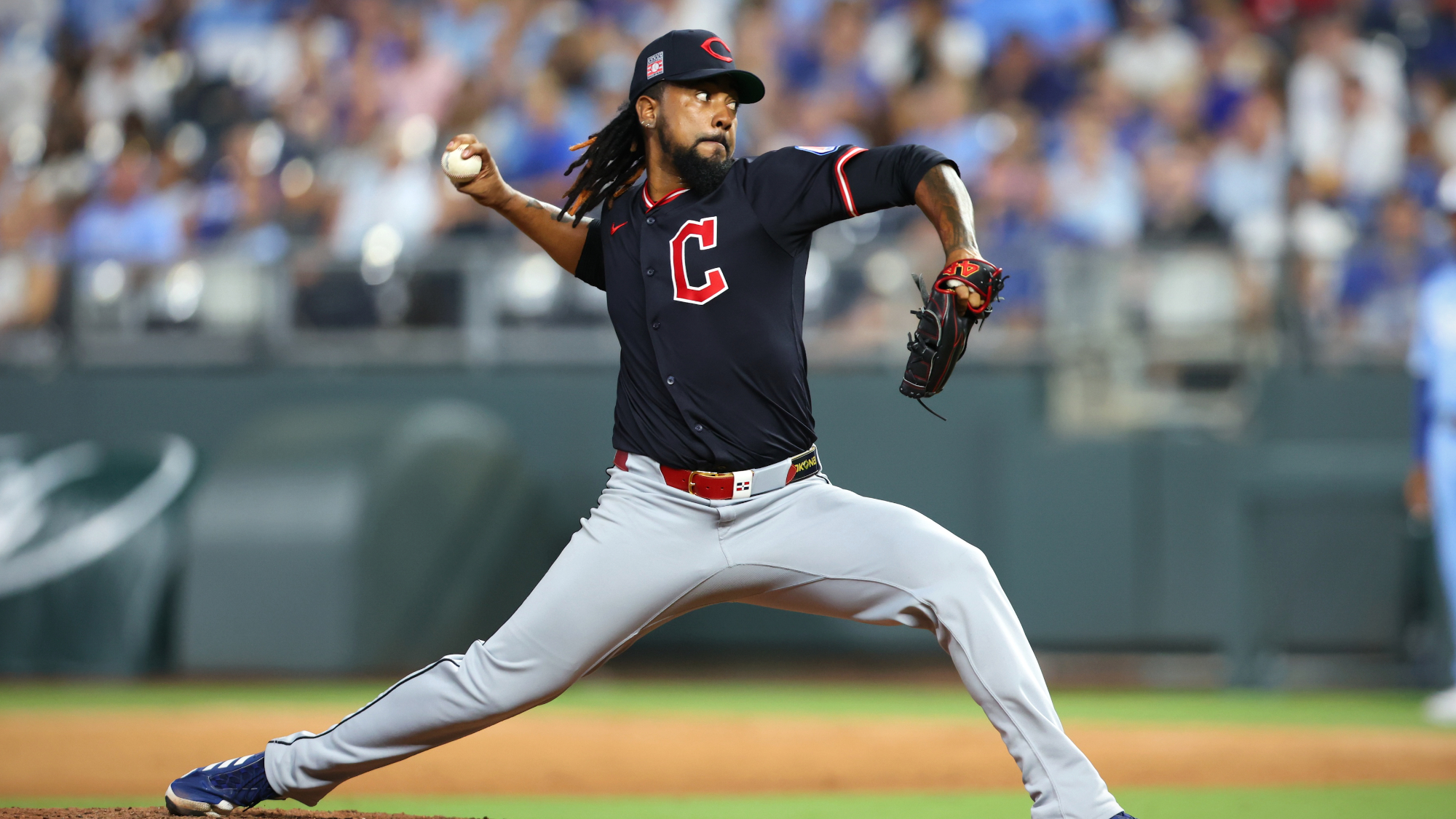 2 MLB pitchers charged with rigging throws for bets
2 MLB pitchers charged with rigging throws for betsSpeed Read Cleveland Guardians pitchers Emmanuel Clase and Luis Ortiz have been indicted
-
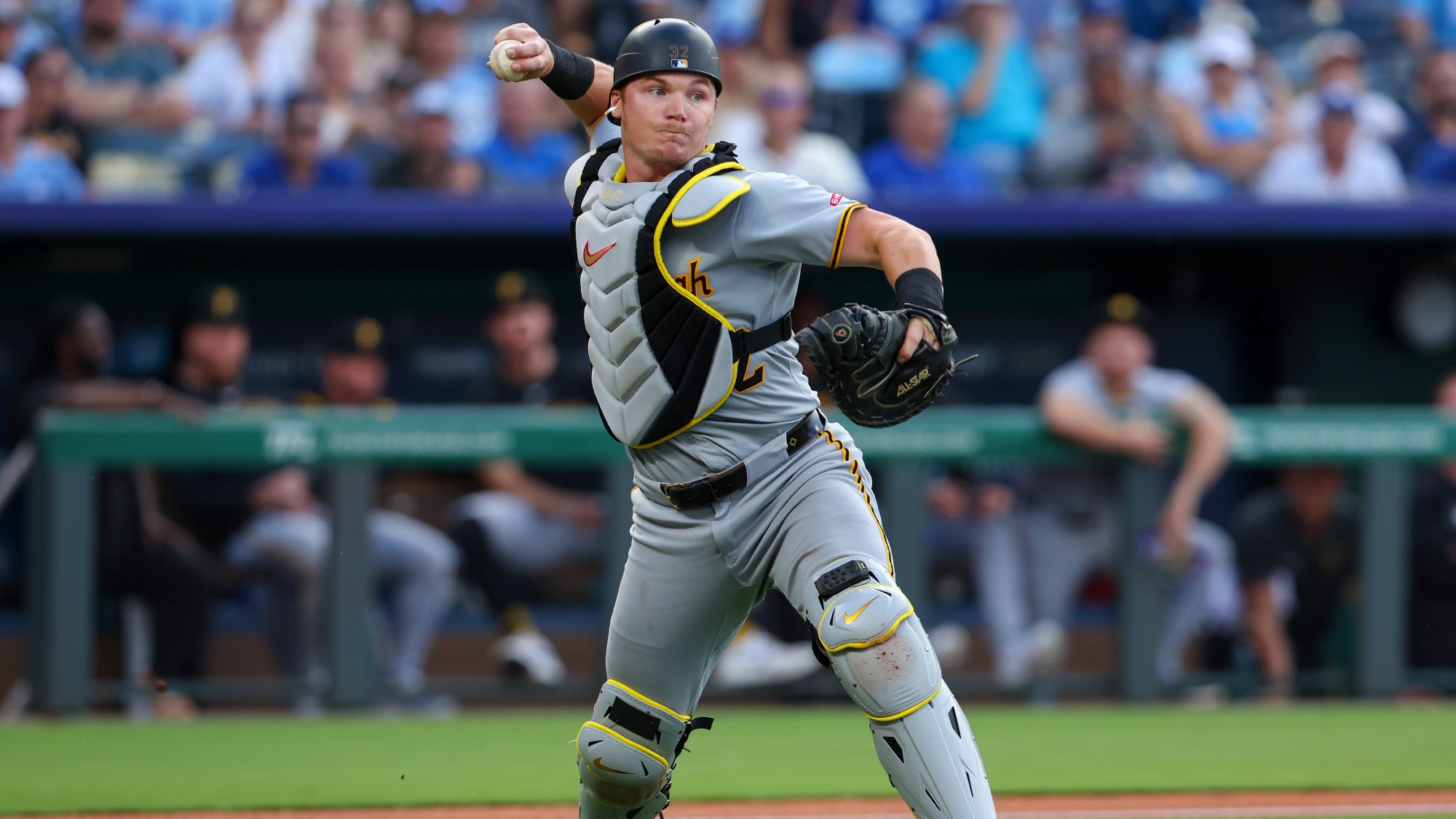 Biggest No. 1 draft pick flops in MLB history
Biggest No. 1 draft pick flops in MLB historyin the spotlight Injuries, bad luck and disappointing performances result in draft infamy for these unlucky players
-
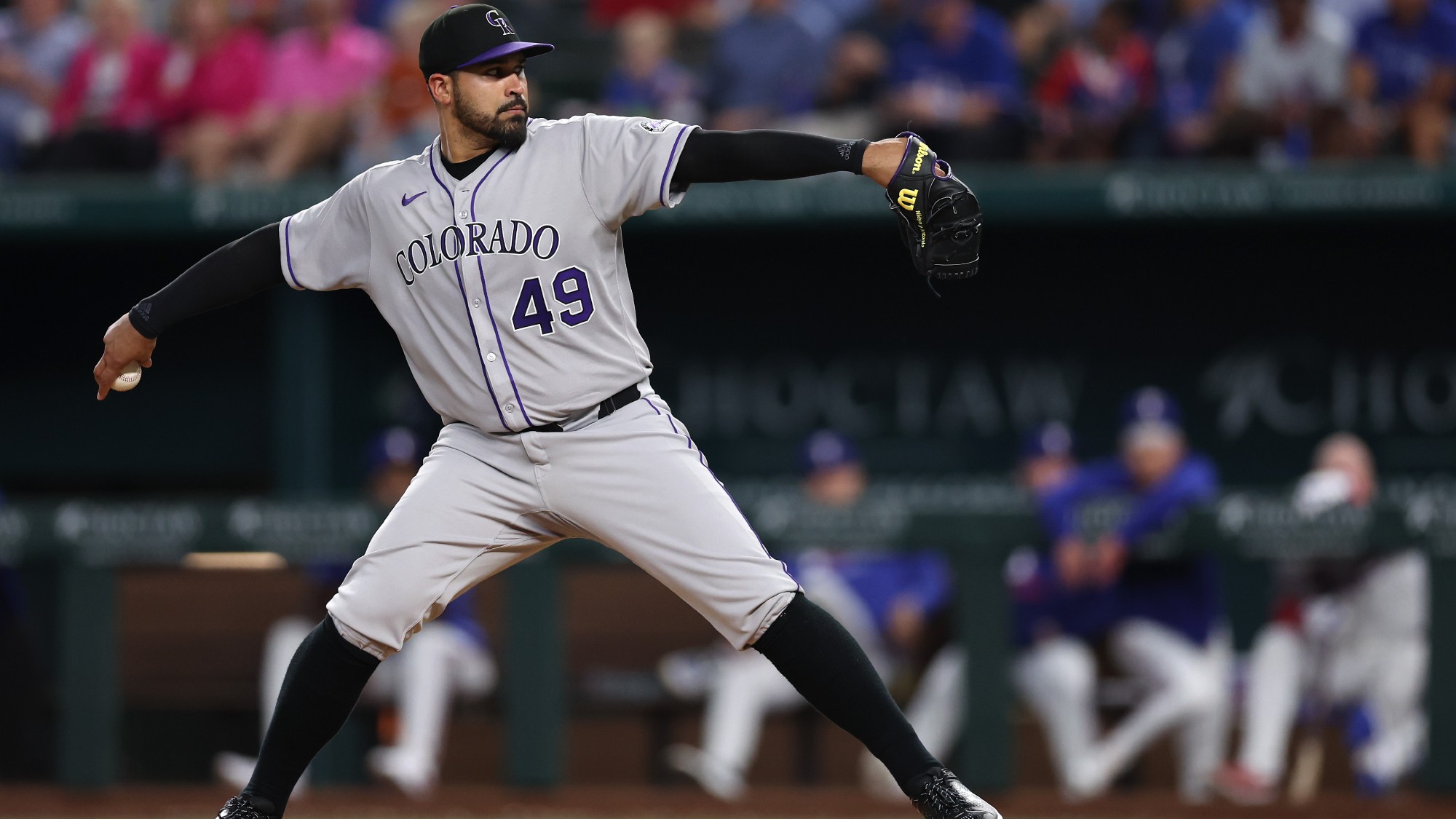 Have the Rockies reached a breaking point?
Have the Rockies reached a breaking point?the explainer Baseball's most aimless franchise takes aim at a record set just last year
-
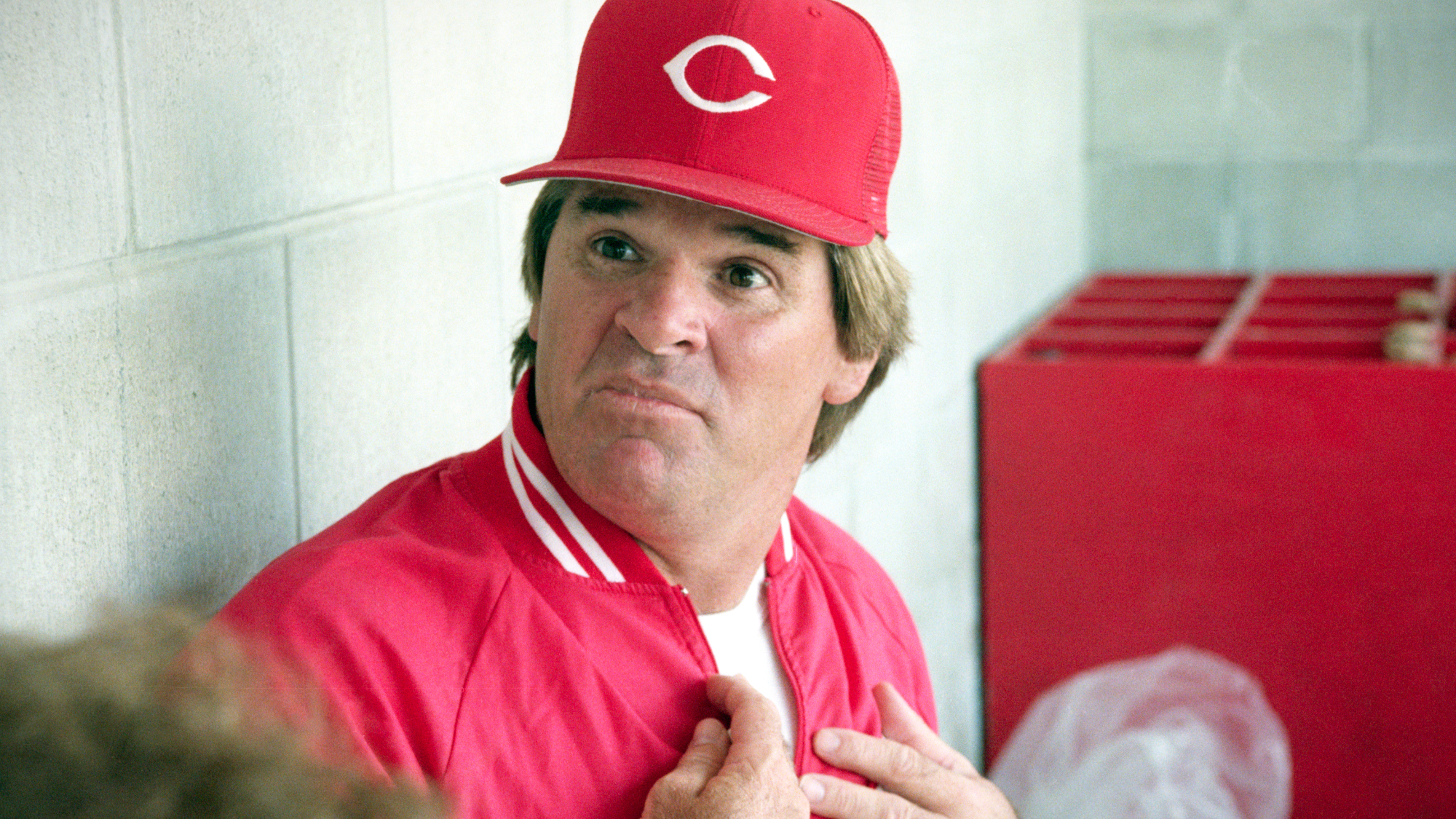 MLB lifts ban on Pete Rose, other dead players
MLB lifts ban on Pete Rose, other dead playersspeed read 16 deceased players banned for gambling and other scandals can now be inducted into the Baseball Hall of Fame
-
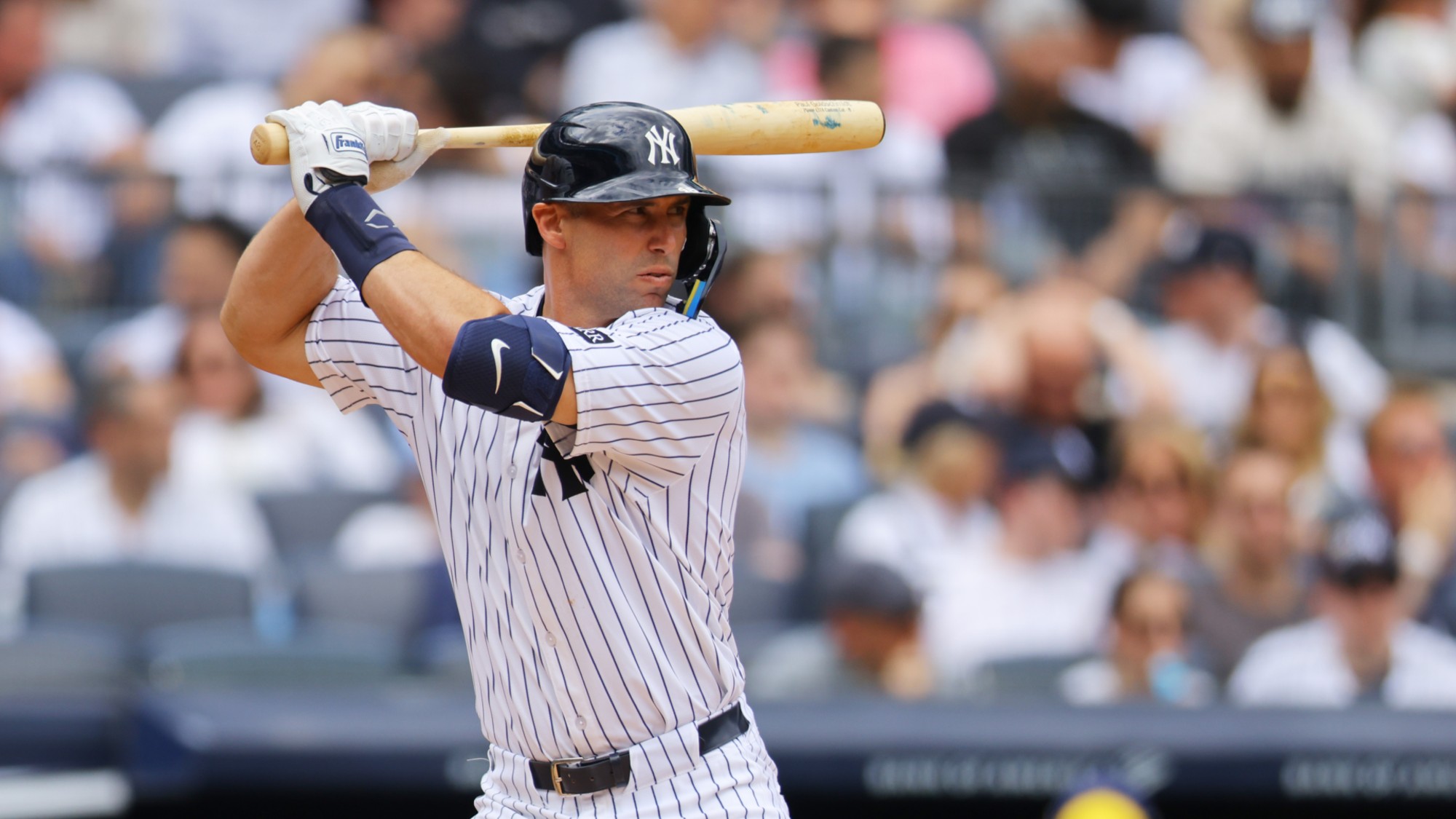 Torpedo bats could revolutionize baseball and players are taking notice
Torpedo bats could revolutionize baseball and players are taking noticeIn the Spotlight The new bats have been used by the New York Yankees with tremendous success
-
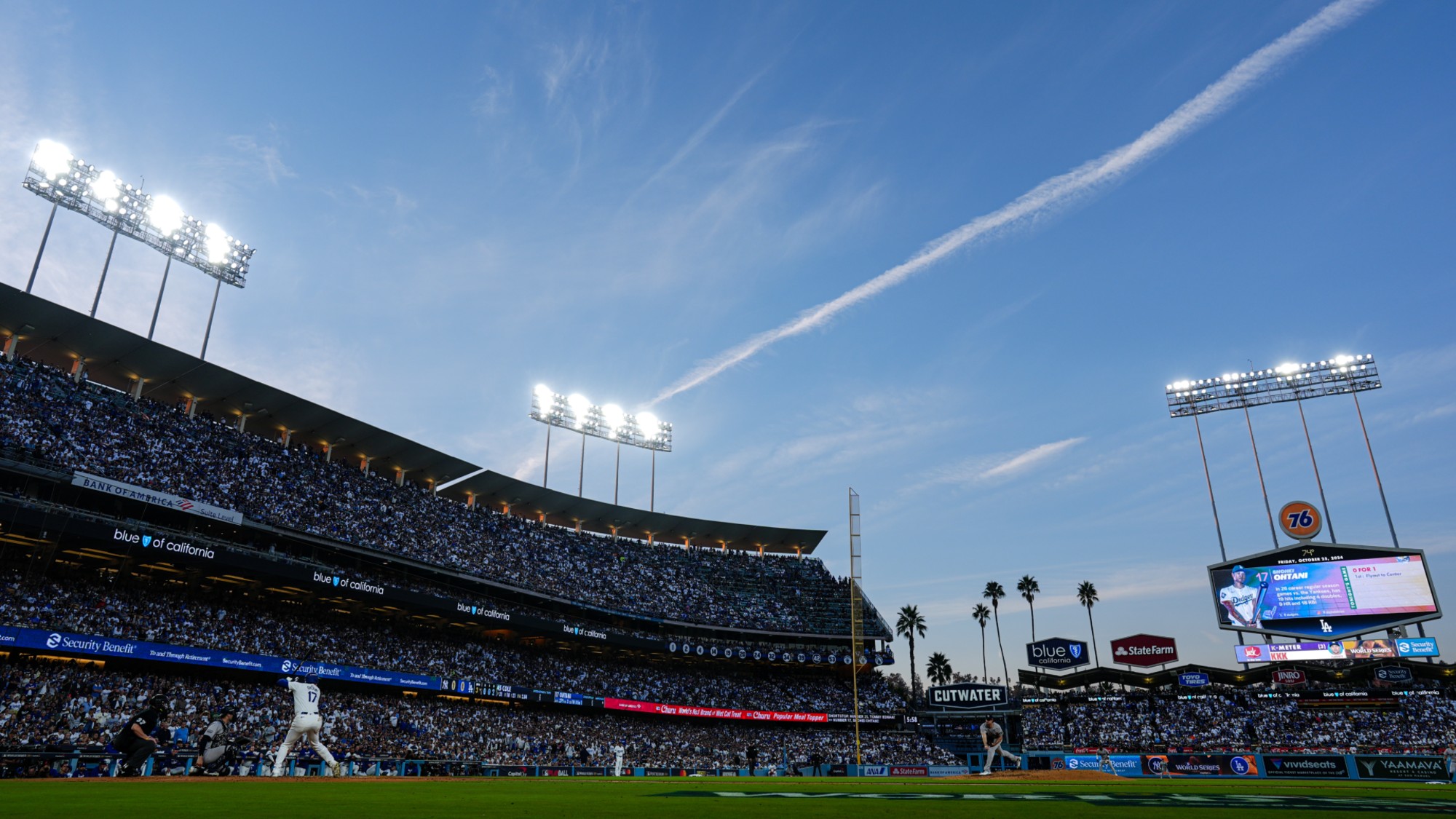 Dodgers' spending spree renews push for salary cap
Dodgers' spending spree renews push for salary capThe Explainer Spending limits might not be the answer that smaller market teams are looking for
-
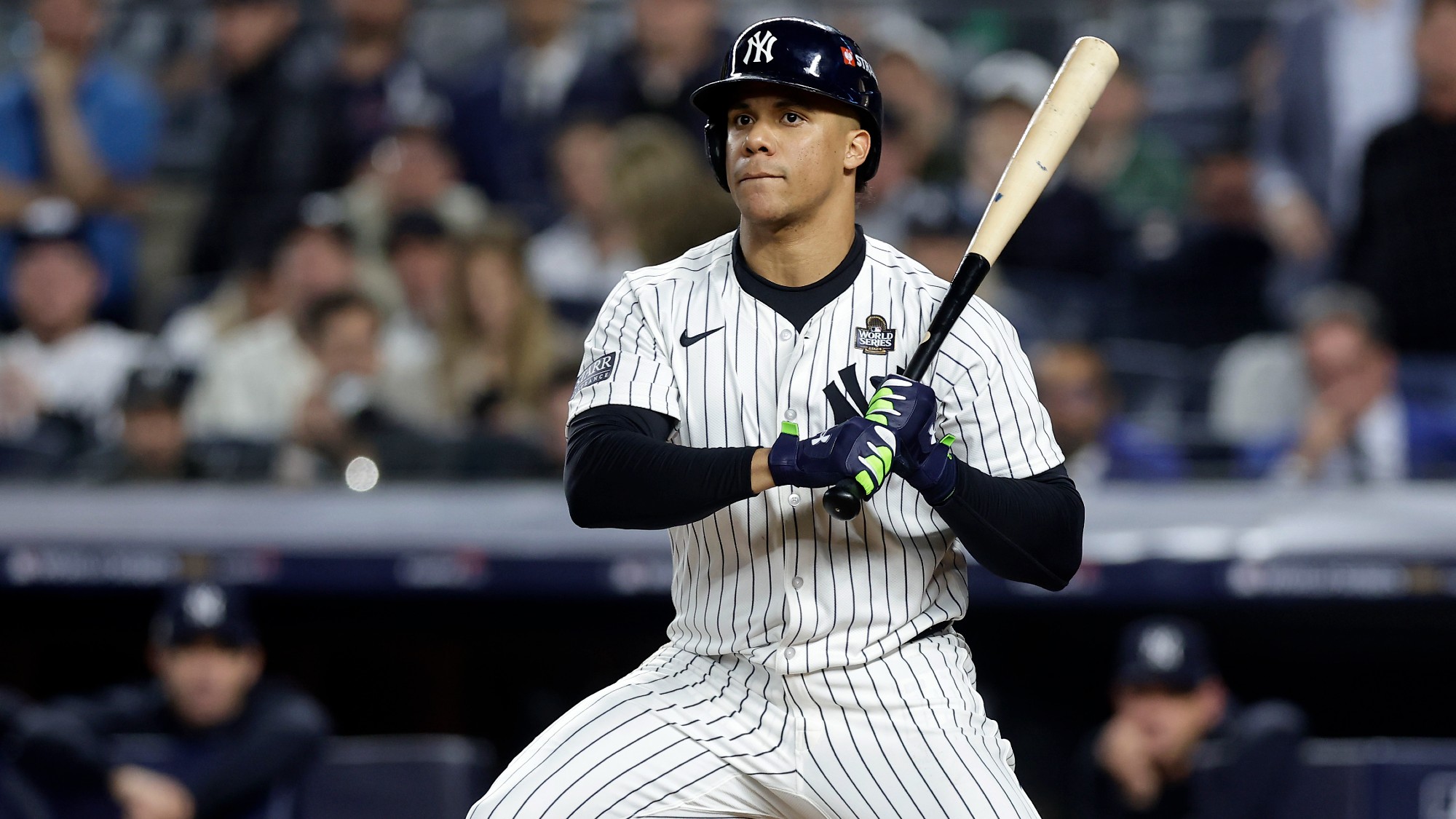 How much is Juan Soto worth?
How much is Juan Soto worth?Today's big question Will the New York Mets regret the record-setting mega-contract signed by the coveted outfielder?
